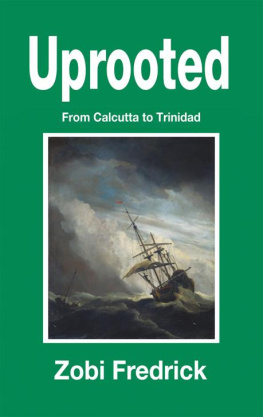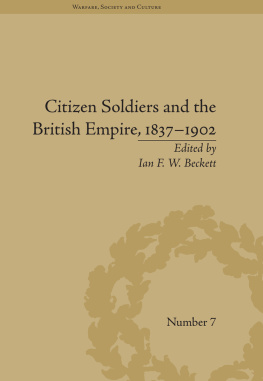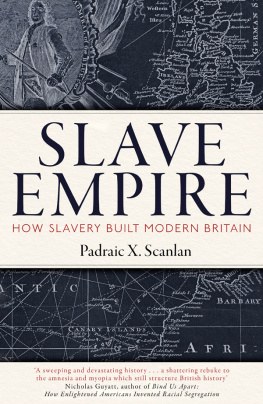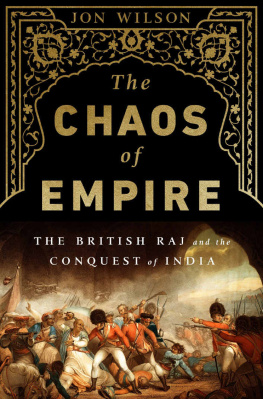UPROOTED
My Familys Journey from
Starvation in Calcutta to Success
in Trinidad
Zobi Fredrick
iUniverse, Inc.
Bloomington
UPROOTED
Copyright 2009, 2012 by Zobi Fredrick
All rights reserved. No part of this book may be used or reproduced by any means, graphic, electronic, or mechanical, including photocopying, recording, taping or by any information storage retrieval system without the written permission of the publisher except in the case of brief quotations embodied in critical articles and reviews.
iUniverse books may be ordered through booksellers or by contacting:
iUniverse
1663 Liberty Drive
Bloomington, IN 47403
www.iuniverse.com
1-800-Authors (1-800-288-4677)
Because of the dynamic nature of the Internet, any web addresses or links contained in this book may have changed since publication and may no longer be valid. The views expressed in this work are solely those of the author and do not necessarily reflect the views of the publisher, and the publisher hereby disclaims any responsibility for them.
Any people depicted in stock imagery provided by Thinkstock are models, and such images are being used for illustrative purposes only.
Certain stock imagery Thinkstock.
ISBN: 978-1-4401-4301-4 (sc)
ISBN: 978-1-4401-4302-1 (e)
iUniverse rev. date: 07/05/2012
Contents
This is a work of nonfiction. The characters and events depicted in this book are real. They are my family. My deepest appreciation goes to my dear sister in London, Nisa Khan lawyer, advisor, Civil Rights leaderfor much of the materials and observations. My sister spent many hours painstakingly reading through the drafts. I also thank my dear friend Hank Gartland who helped with the editing. This book could not have been written without their support and assistance.
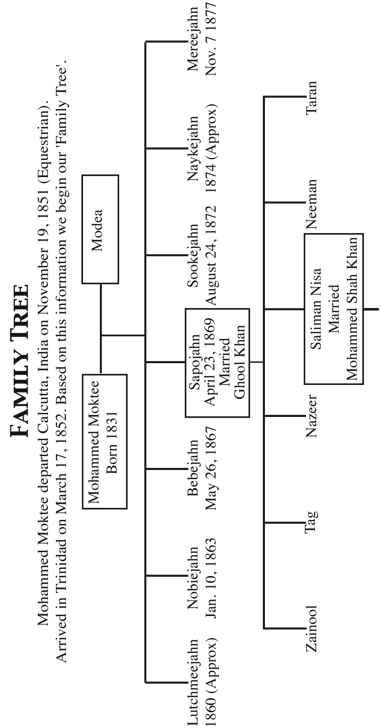
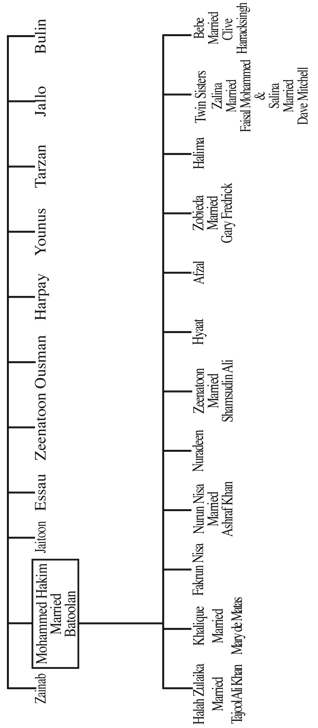
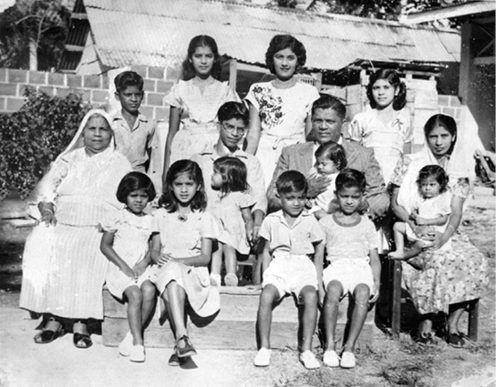
THE FAMILY PHOTOGRAPH
Conditions in India
Here is a story that is real and imaginative. It may be difficult for the modern reader to imagine what happened so many years ago. Indentured laborers were coming in desperation from their homeland in India in search of a better life and arriving on a small island on the other side of the world in the Caribbean. These people had few choices. This story shows real bravery, hardship, and dedication through which the poor yet fascinating Indian immigrants created their new lives in a new land.
Can you and I imagine what it was like in India during a famine? Starving people had no crops to harvest from the dry, barren land; and there were no cows to milk. Women and children were helpless because they could not get a decent meal. Cholera, dysentery, and outbreaks of other diseases, caused many to die miserably under those poor conditions. The only way out was to go to the new landTrinidad: There they could work, get three meals a day, medical care and wages too. This seemed like being sent to heaven; after all, they were already in hell. So the poor workers signed five year contracts under the British indentured labor system. How could they resist such an offer? In India they surely would have died. With this offer from the British, they had a chance to work and become free laborers after five years - with the promised money in their pockets, to return home or to invest in whatever they chose to do. Seemingly, they could now have a goal. The need to have far better lives for themselves and their families was apparent and indeed the British contracts fulfilled that need. The people who came to the island of Trinidad from India during the days of indentureship came because of the terrible conditions at home, and the promise of a better future, but not because they were forced. There were no whips, chains, or jail cells. Most figured that they would work their five years and return with money of their own. They were having a great famine and many, many people - thousands - were going to die.
It would be a mistake to say that the Indians who came under the labor contract to Trinidad were beaten, whipped or kept in slave-like conditions. They certainly were not slaves. In fact, the British Empire had outlawed slavery. Although it is true that they came voluntarily, these people really had little choice. They went willingly to Trinidad (and other places within the British Empire) to become farm laborers rather than to stay home and slowly starve to death. Given a choice to live or die, they chose life. They believed that the work they were hired to do in the sugar plantations would not hurt or kill them. They were competent farm workers and were brought to Trinidad by the British government and the plantation owners. The owners considered the Indian laborers to be valuable machines used to produce sugar cane. Although they worked hard and lived in poor conditions, these conditions were better than living in the streets of Calcutta with no food or medical attention. In Trinidad, Indian workers were promised medical care, three meals a day, and a life under a British legal system which would protect even them from the worst abuses.
So with poverty, famine, and starvation certain if they were to remain; and with government contracts promising steady jobs along with food, housing, a small salary, medical care, and a free trip home at the end of the term, many saw this as an opportunity. Although these immigrants worked by the sweat of their brows without many complaints, when they arrived in Trinidad, they lived in poor conditions. But living in cramped barracks was better than living in a Calcutta street with no food at all. Here at least, they had breakfast, lunch and dinner, and they lived under the same British rule. They knew that in certain amounts, however small, the British legal system would protect them. The work they were assigned, although long and hard, was not designed to harm them. Their labor was, after all, essential to the financial success of the plantations, and so they signed up voluntarily, even if under pressure at home in India. If too many laborers returned to India with tales of abuse, recruiting would be extremely difficult, so there was no incentive to treat the workers as slaves. In those days, difficult, dirty, and dangerous work was the rule for manual laborers, and these indentured workers from India seemed to get no more or no less than normal.
In spite of the fact that the Indians were indentured laborers and not slaves, they were not exactly free to leave the plantation on their own. They were required to fulfill their contracts . When they had fulfilled the terms of their indentureship, the laborers were allowed to return to India. Most were encouraged to sign up for another five years. Many found other work in Trinidad. The ones who stayed became taxi drivers, carpenters, shopkeepers, or farmers. Some even came to own real estate. The Indian indentured servants-turned-immigrants eventually became what is the Indian business community of Trinidad today. How did they do that? What qualities did they have? What kinds of skills did they possess? Quite basically, these men and women were self-taught people who had perseverance but no great education to bring with them. In India these people were poor, starving peasants, farmers who had not enough money to survive. They came to Trinidad, a land which was completely alien to them. To a poor peasant farmer in impoverished Bihar, India, who never saw a body of water bigger than a river, who never saw an ocean, to get into a ship is the same as going in a spaceship to Mars. On this journey to the other end of the world, enduring a treacherous ocean voyage, some of these confused Indians had only a vague idea what they were signing up for. They were motivated by hunger. This journey to Trinidad was like another world: they felt frightened and confused. Imagine the fright that went through their minds aboard the ship, not knowing what to expect in going to an unknown land. They rolled, pitched, and lived among diseased rats, a hurricane at sea, bad food. And yet when they came to Trinidad, they worked hard.
Next page
